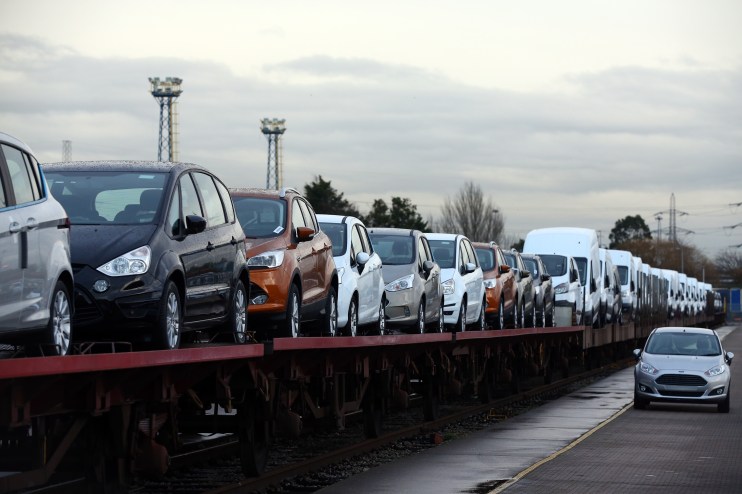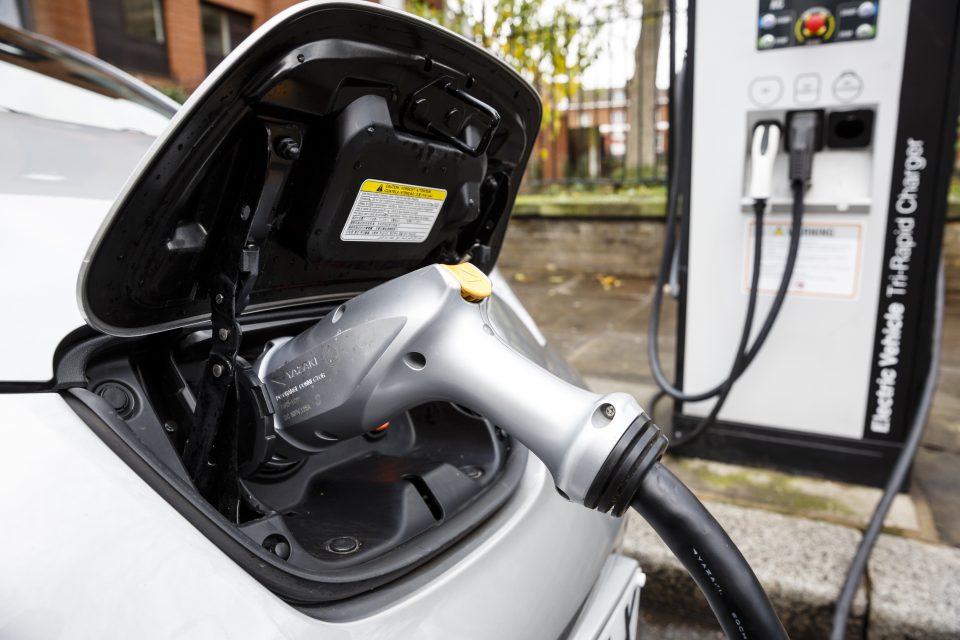Car sales stagnate again in July but electric vehicle market share surges

New car sales were hampered last month by confusion over Brexit uncertainty and the government’s future policies over plug-in hybrid electric cars.
The British new car market shrunk 4.1 per cent in July, its fifth straight month of decline, according to the Society of Motor Manufacturers and Traders (SMMT).
Read more: Car industry investment grinds to a halt
Just 157,198 cars were registered over the course of the month. Orders from business customers fell 22.5 per cent, while two per cent fewer sales to individuals took place.
Diesel cars, which look set to become a thing of the past in the coming years due to strict regulation across Europe, fell 22.1 per cent. That was their 28th consecutive month of decline.
Plug-in hybrid electric car sales nearly halved, on the back of the government’s decision to cut certain subsidies for people buying them. But hybrid cars overall enjoyed a 34 per cent increase in sales.

Electric car market spikes
A ray of light for the car industry was a sharp spike in demand for pure electric cars, which almost tripled to take record monthly market share.
Forecasts by the SMMT predict electric cars’ share in the market could double over the course of 2020. The trade body predicts people will buy more than 51,000 of the vehicles next year. However, this will still only represent a little over two per cent of the overall car market.
SMMT chief executive Mike Hawes said, “Despite yet another month of decline in the new car market, it’s encouraging to see substantial growth in zero emission vehicles.
“Thanks to manufacturers’ investment in these new technologies over many years, these cars are coming to market in greater numbers than ever before.
Read more: Off road: Is the car industry in reverse?
“If the UK is to meet its environmental ambitions, however, government must create the right conditions to drive uptake, including long-term incentives and investment in infrastructure.
“The fastest way to address air quality concerns is through fleet renewal so buyers need to be given the confidence to invest in the new, cleaner vehicles that best suit their driving needs, regardless of how they are powered.”
New car sales ‘hitting road blocks’
EY Item Club’s chief economic adviser Howard Archer said: “New car sales have been driven down by a number of road blocks – dwindling demand for diesel cars, stricter emission regulations leading to persistent supply problems from last September and more cautious consumers and businesses.
“Some businesses may be delaying the replacement of their fleet vehicles due to economic and Brexit uncertainties.
“A further challenge for the automotive sector has seen the removal of incentives for buying plug-in hybrid vehicles.”
AA Cars chief executive James Fairclough added: “It’s disappointing to see new car registrations decline yet again, but thankfully it’s not all doom and gloom.
“Following last month’s drop in sales of hybrid electric vehicles, we are delighted to see demand for these more eco-friendly vehicles is back on track.”
Main image: Getty